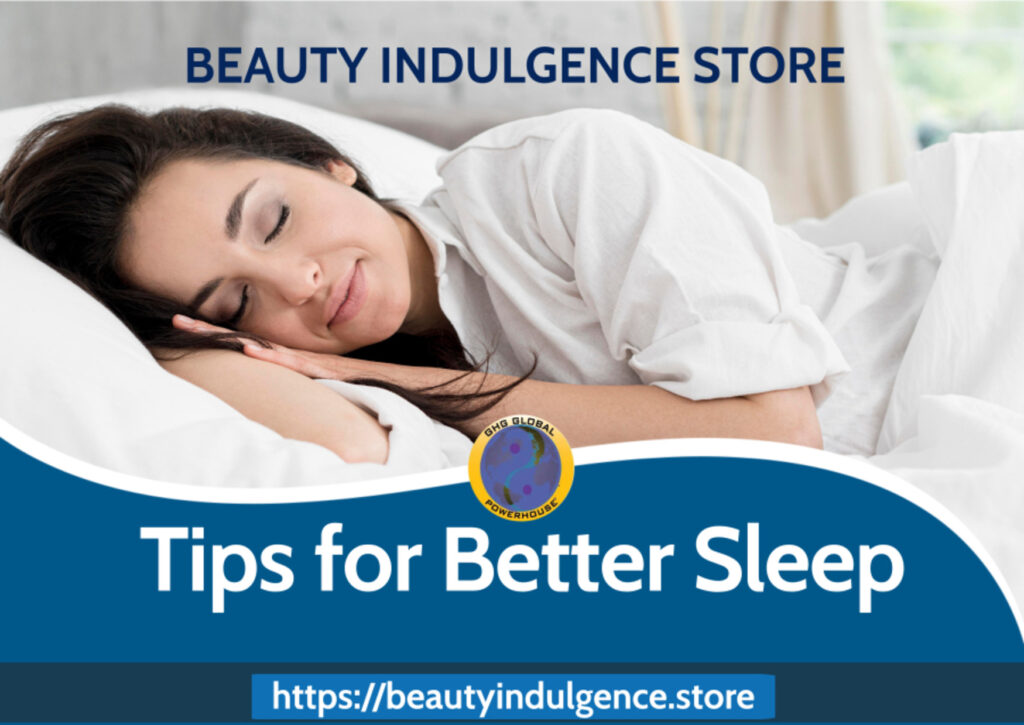
A Good Mattress For A Good Night’s Sleep:
The World Association of Sleep Medicine (WASM), says that a good night’s sleep is vital for the health and well-being of people of all ages. It warns that less than six hours of sleep each night, increases the risk for disease. Sleep is essential for physical and mental health. Sleep is also important for the proper functioning of the immune system. When you don’t get enough sleep, it can lead to the breakdown of your health. Sleep helps us to rest, helps our body to rejuvenate and improves our mental health. Having a good quality mattress is also a key factor in getting a good night’s sleep. Having a good mattress will help us to sleep well. When pain or discomfort keeps us up at night, it will be bad for our backs, our body and our mental health. It is recommended that a person should change their mattress every seven years. However, a person may be able to keep their mattress longer than seven years, and this depends on the materials, usage and care of the mattress.
Factors affecting the lifespan of a mattress include the type of material, and how the mattress is constructed. The three most common mattress materials are Foam, Innerspring and Adjustable Air. Foam mattresses include memory foam, or polyurethane foam mattresses. Innerspring have a steel coil support system. and are usually covered by special upholstery materials. Mattresses made from natural latex, organic cotton and high-density foam may last longer than seven years. Memory foam mattresses usually last for around ten years. Innerspring mattresses usually last for between six to eight years. Latex mattresses usually last for about 15 years. Adjustable mattresses usually last for about ten to fifteen years.
Consequences of a Lack of Sleep:
Sleep also helps your brain to function properly. A lack of sleep has many potential consequences. With a lack of sleep, there is decreased energy, fatigue, irritability and problems focusing. A person’s mood can also be affected. A sleepless night can affect a person’s motivation, attitude and productivity for the day. Sleep problems often co-exist with symptoms of stress, depression or anxiety. Sleep problems can also exacerbate depression or anxiety. Lack of sleep and too much sleep are linked to many chronic health problems, such as heart disease and diabetes. Sleep disturbances can also be a warning sign for medical and neurological problems, such as congestive heart failure, osteoarthritis and Parkinson’s disease. Excess screen time (from the computer or television), especially late in the evening, can have a serious impact on sleep. The blue light from computer screens can suppress the natural production of melatonin. Melatonin is a hormone that the body makes to help us sleep.
Sleep Disorders and the effects on The World Population:
Experts say sleep disorders account for a global epidemic, which is affecting up to 45% of the world’s population. Sleep disorders such as insomnia, obstructive sleep apnea (OSA), restless legs syndrome (RLS), and sleep deprivation greatly impact physical, mental and emotional health, in addition to affecting work performance and personal relationships. The public health consequences from sleep disorders and sleepiness are astonishing. The statistics from American Sleep Association reveal that 50-70 million US adults have a sleep disorder. Drowsy driving accounts for 1,550 fatalities and 40,000 non-fatal injuries annually in the United States. It is estimated that sleep deprivation costs the US over $400 billion a year.
Amount of Sleep needed:
There are two types of sleep that generally occur in a pattern of three-to-five cycles per night. The first type of sleep is the Rapid Eye Movement (REM) when most dreaming occurs. The second type of sleep is the Non-REM which has three phases, including the deepest sleep. Your body generally works on a 24-hour cycle (circadian rhythm), that helps you know when to sleep. The amount of sleep a person needs, varies from person to person. According to Sleep Medicine Experts and the National Sleep Foundation, most adults need about seven to nine hours of restful sleep each night. Many people do not get enough sleep. Nearly 30% of adults get less than six hours of sleep each night. An estimated 35% of Americans also report their sleep quality as “poor” or “only fair.”
Special Teas for Disturbed Sleep:
There are also teas that can be used, for disturbed sleep. Chamomile (chamaemelum nobile) is one of the best bedtime drinks for those who have difficulty getting to sleep. It is calming to the nervous system. Make this tea with 5 ml/1 teaspoon of dried chamomile to a cup. Elderflower (sambucus nigra), or Limeflower (citrus aurantiifolia), can be used to make a pleasant bedtime tea. Just add a sprinkle of grated nutmeg and sweeten the tea with honey. The Valerian (valeriana officinalis) dried and shredded root, can be used to make a tea to calm the nerves. Use about 10 ml or 1 teaspoon to a cup of water, simmer gently for 20 minutes in an enamel pan with a lid. Then let it cool, strain it, re-heat it and drink it.
Key Tips for Better Sleep:
Part of this blog on sleep, was produced, from information found on The World Sleep Congress website. For more information on sleep, visit https://worldsleepcongress.com. For top clinics in the US for people with sleep disorders, make sure to check out https://www.soundsleephealth.com/about-us/ and https://my.clevelandclinic.org/departments/neurological/depts/sleep-disorders. Also, read about different clinics here at https://www.linkedin.com/pulse/top-10-us-sleep-disorder-clinics-companies-shaping-iwsxc/. For special teas for people with sleep problems, see https://health.clevelandclinic.org/tea-for-sleep. For a list of the best mattresses for good sleep, view https://www.forbes.com/sites/forbes-personal-shopper/article/best-mattresses/.
Remember to share our blogs on social media, to benefit other people as well. Our direct social share icons (to share posts on social media), are found to the top of our blogs, on the right hand side. Stay tuned for more insightful and helpful blog articles.
Leave a comment